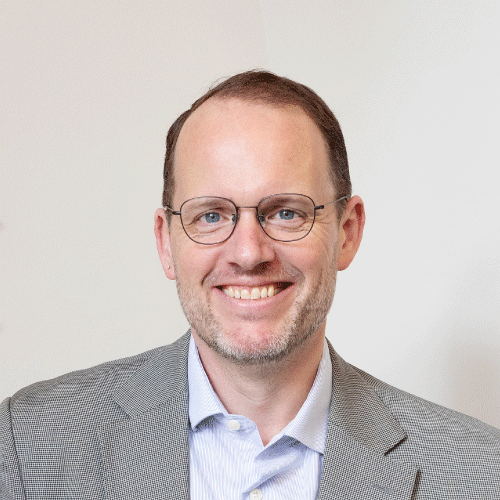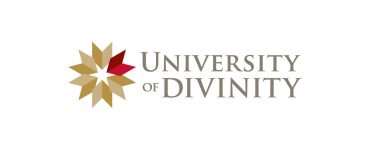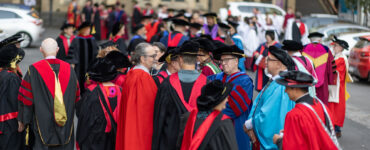Over recent weeks I have watched friends, colleagues and neighbours respond to the COVID-19 pandemic in many ways. Two stand out: frenetic work to deal with endless tasks, and inactivity arising from an inability to focus.
Neither response is surprising in a time of fear, uncertainty, and rapid change. Whatever our response, all of us are united by grief.
Grief at its harshest comes from the experience of illness, suffering or death. It flows powerfully from the loss of employment, income or safety. Even those of us who enjoy good health and secure jobs are profoundly affected by sadness and loss.
At the University of Divinity we too live with grief. Our core activities of education, research and engagement have had to undergo radical change to adjust to new circumstances. I am incredibly proud of the commitment, hard work and imagination of staff and students across the University who have made this happen.
Nonetheless, in this community of scholars, old ways of teaching and learning, of discovering and exchanging ideas and practices, of creating and sustaining relationships with each other, have given way. What might ultimately replace them will not be clear for some time, but we know there is no going back.
During the last three weeks, I have been grieving the loss of opportunity to sing with others in prayer. Choral singing is a powerful, sustaining act for me, an act which calls upon the physical, intellectual and spiritual aspects of being human and cannot be done alone.
One of my favourite anthems is the rendition of Psalm 102 by the seventeenth-century English composer, Henry Purcell. Written for eight parts, the musical complexity of the piece requires passion, humility, intimacy – even obedience – from the singers. The lines rise and fall and weave together into an evocative expression of grief:
Hear my prayer, O Lord, and let my crying come unto thee.
As we sing, and pray, the Psalm itself draws us into a community, connected across time and place with all who have cried out to God in need. This participation in ancient wisdom can draw us together, whether we are singing in an eight-part choir or isolated in silence. It is together that we may find an answer to our prayer, for healing, for hope, for salvation from the time of trial.
As we approach Good Friday and Easter Day, be assured of my prayer for the University’s staff, students, supporters and alumni. May each of you find time for stillness, contemplation and understanding, to journey through grief to renewal in love, that through our scholarship, research and service of others, we may bring grace and healing to our world.

Emeritus Professor Peter Sherlock was the Foundation Vice-Chancellor of the University of Divinity from 2012-2024. He is a cultural and religious historian of Renaissance and Reformation Europe and an expert on governance and leadership in educational and church settings. A graduate of the University of Melbourne and the University of Oxford, his academic career has included an ARC Postdoctoral Fellowship in History at the University of Melbourne and four years as Dean of the United Faculty of Theology, Melbourne.






Thank you Peter. More leaders will be grappling with grief and grieving and no going back. And few will have the words. Your leadership will be important. Every Easter blessing.
Very uplifting, thank you Peter.